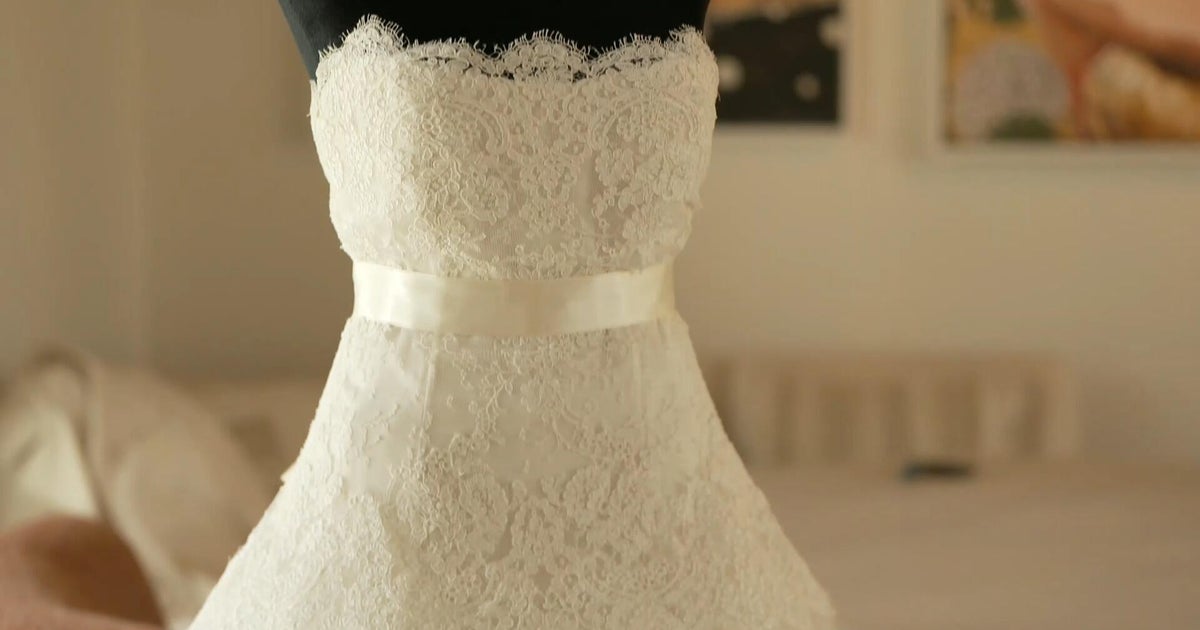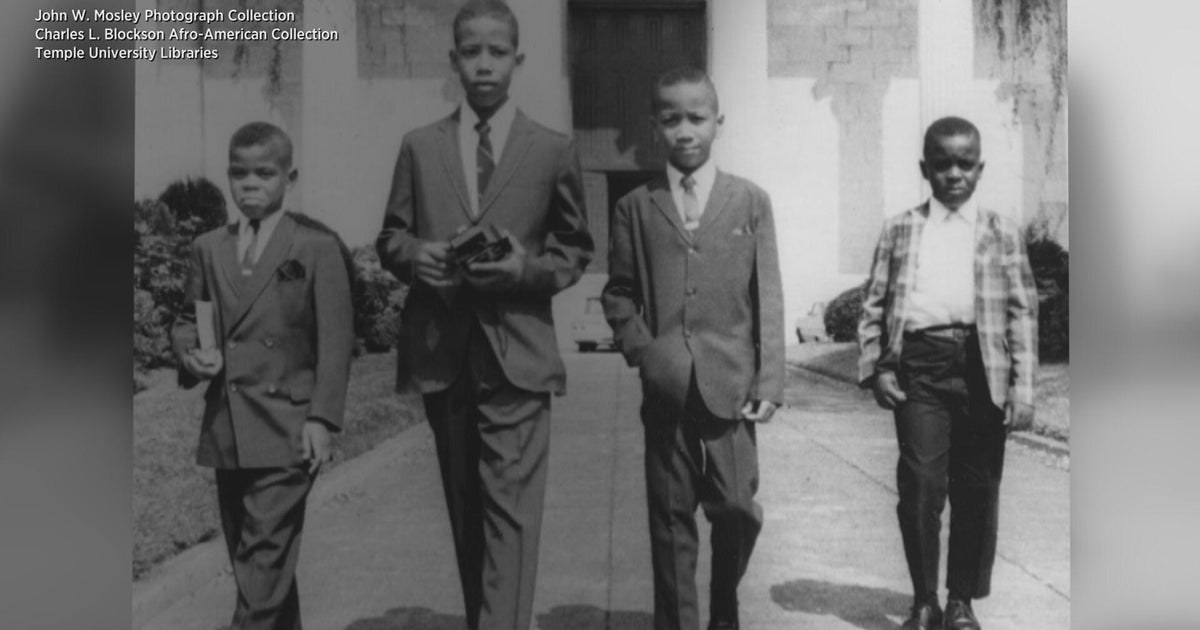Understanding the "legacy of oppression" behind blackface
Virginia politics were turned upside down this week by the uproar over blackface. First a page from Gov. Ralph Northam's medical school yearbook surfaced depicting a racist photo, followed by Attorney General Mark Herring's admission that he blackened his face at a college party in 1980.
It's prompted a conversation about the long, painful and racist history of blackface in the United States and what it says about those who have done it. The practice became popular in mid-1800's minstrel shows, when white performers darkened their faces to depict African-Americans in prejudicial and offensive ways. The well-known blackface minstrel character "Jump, Jim Crow" was the namesake for Jim Crow laws — the laws that enforced segregation in the South — and even black actors sometimes donned blackface, in part, to make white audiences feel superior.
Civil rights organizations have pointed out for decades that blackface dehumanizes black people and reinforces racial stereotypes. Dwandalyn Reece, the curator of music and performing arts at the National Museum of African American History and Culture, told "CBS This Morning" that key to understanding why the practice is so offensive, is understanding its inception and history in the U.S.
"It's knowing the history that really makes a difference and how painful these images were for African-Americans and what it set off in this country by way of stereotyping and dehumanizing people based on the color of their skin," she said. "Those images are tied to a legacy of oppression and slavery and objectifying and devaluing people. So, if you look at the cultural mores of the time, the images have a lasting impact and don't mean what people intend necessarily."
Though the intentions of people today may not be racist, it doesn't matter, Reece said. It's important to remember that the practice was an effort to enforce powerlessness through dehumanization. Even when the tables are turned, like in the Wayans brothers' movie "White Chicks" where two black men pretend to be white women, it's different.
"It is a question of power … when you have the power to do that and to oppress, it's very different than a cultural exchange, a fair cultural exchange," Reece said.
But Reece does see room for atonement and doesn't believe that somebody who wore blackface 30 years ago is automatically racist based on that fact alone.
"I don't think this is a way to label people for a lifetime. People change. They become educated. They evolve," she said.
"I think the act of going through this means there's a lack of understanding about the meaning of this. Does that equate to racism? You'd have to talk to that individual personally. But it is an act that perpetuates racist ideology in that way."



